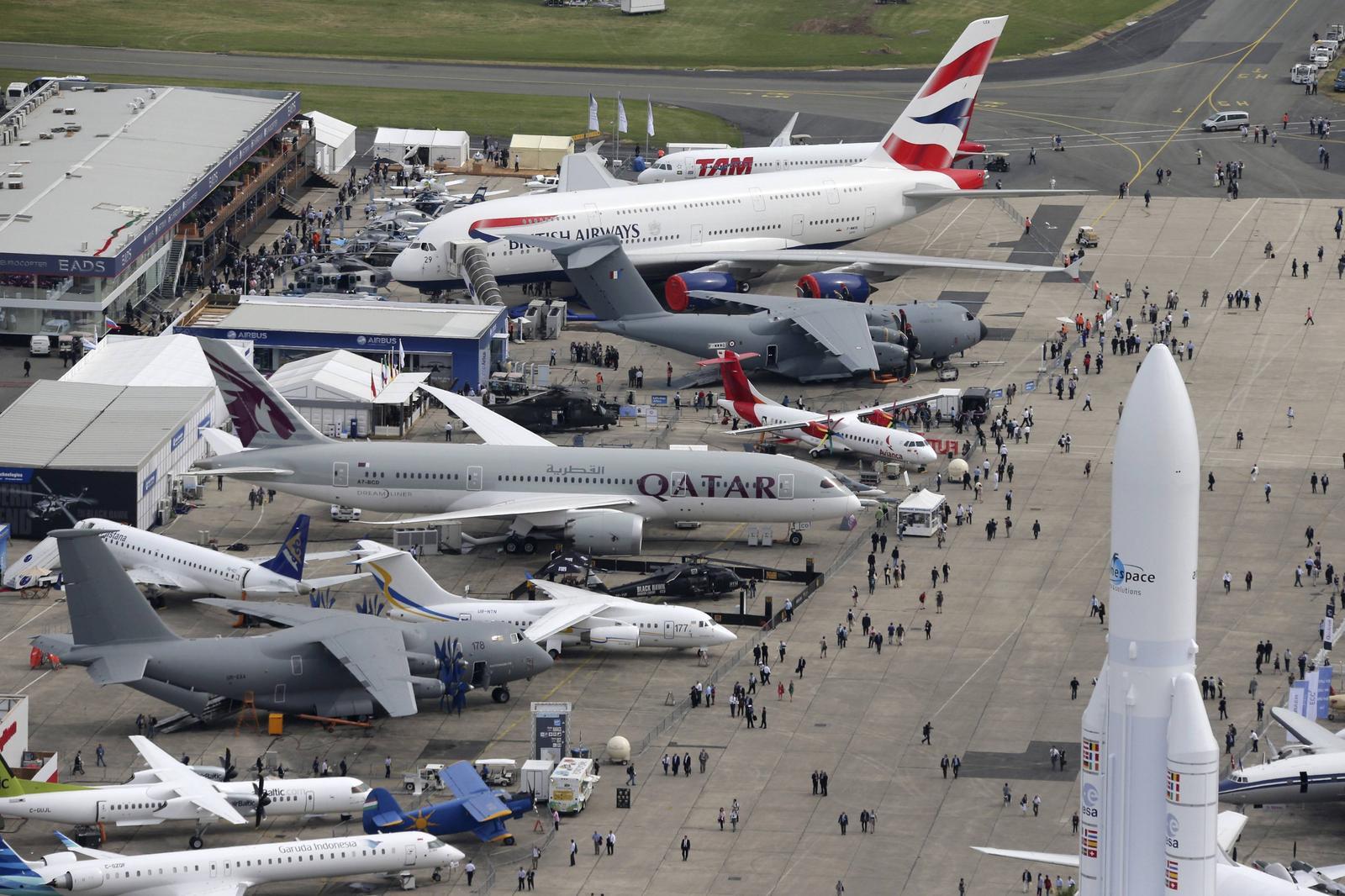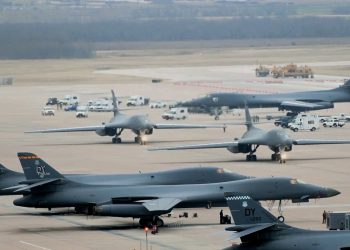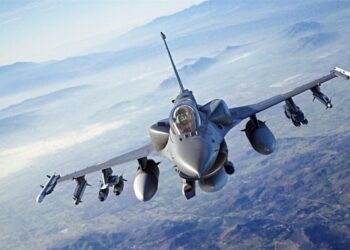Numerous deals have been closed at the 51st International Paris Airshow. But even if they were less than spectacular this year, aircraft manufacturers are calling the event at Le Bourget airport a big success.
The Paris-Le Bourget airport will continue to be the mecca of the aviation world until Sunday (06.21.2015), when the 51st International Paris Airshow finally closes also to the general public. This year the weather proved to be cooperative, as neither heat nor powerful thunderstorms marred the fair, which had been plagued with problems two years ago by visitors and organizers.
However, headlines still fell short this year because the show couldn’t match the mega orders from 2013. Back then, Airbus and Boeing – the two largest manufacturers of civilian airliners – together scored contracts worth $135 billion (119 billion euros) at list prices. At the Farnborough International Airshow in England – considered the second most important industry show, orders added up to a value of $116 million last year.
“Fourth Best Air Show since 1927”
Since neither Airbus nor Boeing currently have entirely new programs in the works, the “order flood” slowed down somewhat in Paris. On Thursday Boeing reported its orders and intents to purchase for 331 aircrafts worth $50.2 billion at list prices. Airbus collected orders worth $57 billion at list prices in Le Bourget. However, only 124 aircrafts worth $16.3 billion are confirmed orders. The rest are only intents to purchase.
The most important deal was closed only Thursday. The eastern European low cost airline Wizz Air will expand its fleet with 110 Airbus A321neo aircrafts, each equipped with new engines to accommodate 239 passengers. That would be the biggest order from the upgraded Airbus A320 family, which had already been well ahead of its competitor – Boeing’s 737 MAX.
“Paris this year has been far from quiet,” said Airbus sales chief John Leahy. “For us, it was the fourth best air show in terms of sales since Lindbergh landed here in 1927.”
Boeing was able to score some major contracts at the trade fair, such as the one for almost $11 million from Indonesia’s flag carrier Garuda for 30 Boeing 787s, as well as many smaller 737 jets. But overall, Boeing’s volume of orders from Paris is expected to be significantly lower than that of Airbus.
Competition from Canada
Especially convincing were the flight performances of commercial aircrafts, with both Airbus and Boeing sending their top silent models into the race. Today’s airplanes can’t be sold if they are clearly heard outside the airport perimeter. Silent jets dominate the offer nowadays, from the giant A380, the A350 and Boeing’s 787 “Dreamliner” to the new regional jet C Series by Canada’s Bombardier.
A novel aircraft, its initial appearance in Paris – after multiple delays – made an impression. Its first operator in mid-2016 will be the Lufthansa Group, which ordered a total of 30 regional Canadian jets for its subsidiary Swiss International Air Lines, known also as Swiss.
They will replace the older, four-engine Avro jets, “and generate only one third of aircraft noise at the same time,” said Swiss CEO Harry Hohmeister, who seemed pleased at the signing in Paris. “A train creates more noise than a C Series airplane.”
With the C Series, the Canadian manufacturer ventures for the first time in a domain dominated by Airbus and Boeing. But so far, the modest order cushion of just 245 C Series aircrafts has not increased, even in Paris.
“We already have with Airbus a good supplier for single-aisle aircrafts,” said Qatar Airways CEO Al Baker, who had previously expressed interest in the C Series.
Megamarket Asia
As the market focus of the aviation business is increasingly shifting to Asia, the industry pays close attention to all activities in the region, especially China.
“The global aviation market lies increasingly in Asian hands, and it is quite possible that a new competitor will tackle the established rival pair Airbus and Boeing,” said Pierre-André Buigues from the Toulouse Business School.
In Le Bourget, however, China’s huge fairground stand attracted attention by an ominous lack of visitors despite its impressive models of airplanes, long advertised as the ARJ21 regional jets or the medium-range aircraft C919. But no one can say when they actually take off or if they’ll be presented live in Paris.
And there could be more to come, as it transpired in Le Bourget: Together with Russia, the Chinese are planning a large-capacity, long-haul aircraft – a goal for both heads of state. The first diagram shown in Paris includes twin jets that could cover approximately 12,000 kilometers and carry 250 to 280 passengers.
“In September, the parameters will be submitted to our state committee for a decision,” said Yuri Slyusar, head of Russia’s United Aircraft Corporation (UAC). Its development will take about ten years and cost $13 billion. In 2025 the aircraft could go into service.
“This is a very innovative aircraft in international cooperation,” said Slyusar. “The Soviets had the ability to build long-haul jets, and this ability is still there.”
Fitting is perhaps the motto of their mission – words that adorned the wall of the Chinese aircraft manufacturer’s booth in Paris: “Let’s fly Chinese-made large aircrafts in the blue sky.”










